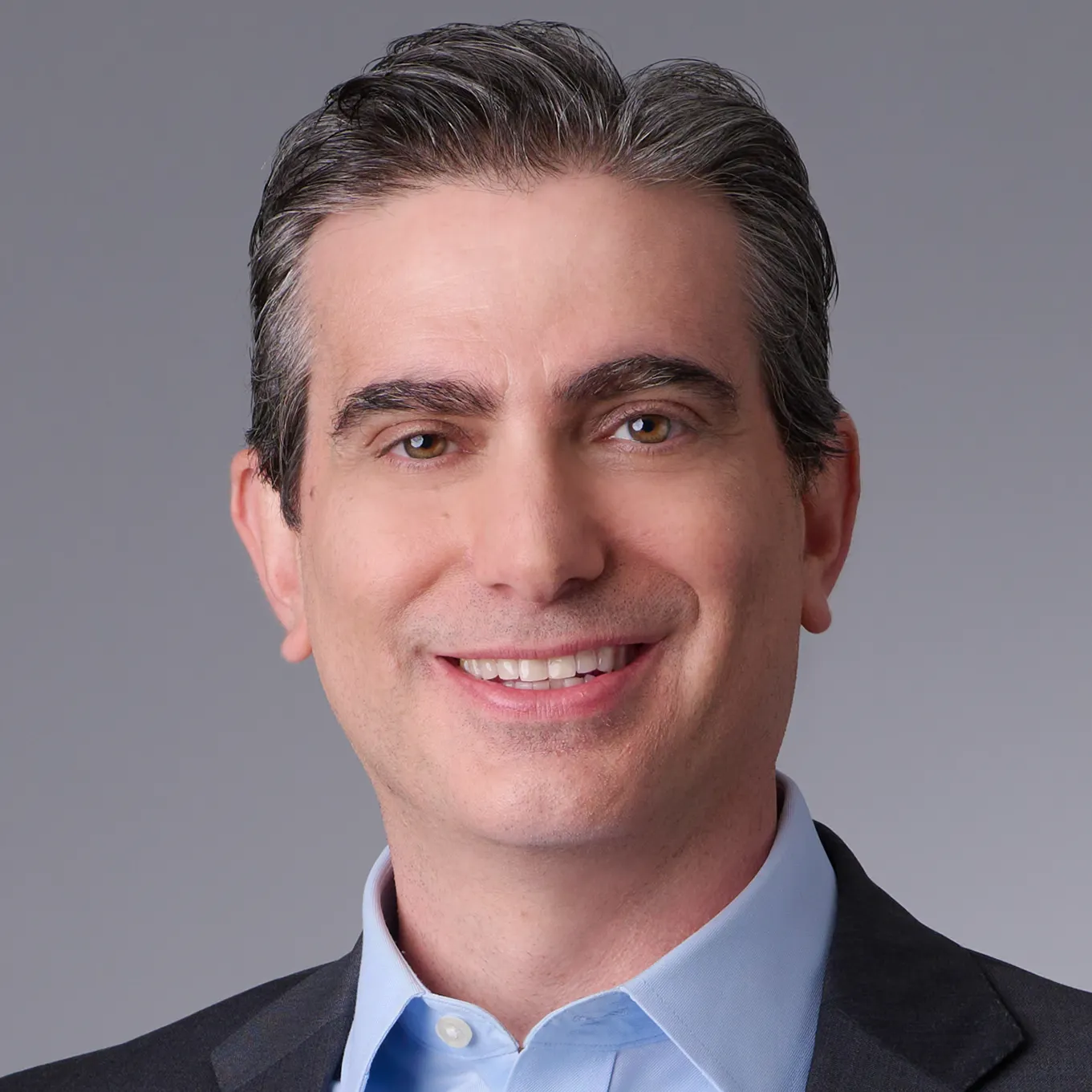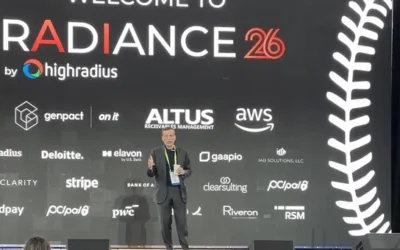Kael Reicin wasn’t seeking a nonprofit leadership role as he was leaving Bloomberg LP as enterprise financial products CFO five years ago. In fact, he was poised to accept a position leading product strategy at a fintech company when he got a call from the American Cancer Society’s CEO who wanted to talk to him about the organization’s CFO role.
Convinced his global finance, strategy and corporate development experience could make a difference at one of the largest and oldest voluntary health organizations in the world, Reicin joined the ACS as CFO in early 2020. He expanded his responsibilities to include chief strategy officer in 2022.
Before his Bloomberg CFO position, Reicin served in multiple roles at Thomson Reuters, a global media, software and information firm. There, he led strategy for several of the firm’s business units serving lawyers and compliance and risk professionals. Earlier in his career, Reicin was a financial analyst at Target and a Deloitte manager.
Kael Reicin, CFO/CSO, American Cancer Society

First CFO position: 2018
Notable previous employers:
- Bloomberg Financial Products, Bloomberg LP
- Thomson Reuters
- Target
- Deloitte
This interview has been edited for brevity and clarity.
SANDRA BECKWITH: You came to the American Cancer Society with for-profit finance leadership experience. Why did you decide to shift to the nonprofit sector?
KAEL REICIN: When I think about what my next role should be or how I want to position myself for the future, it’s not necessarily about the company or product. I look at the potential for having an impact on the organization, and I consider the organization’s culture and people.
ACS had consolidated, invested in new systems and was ready to grow. My wife pointed out that my strength is in taking organizations to the next level, and doing it for the American Cancer Society was an amazing opportunity. I listened to her.
Similarly, considering you didn’t have a nonprofit background, what made you the right candidate for the ACS?
My resume was definitely written for a for-profit audience, but I was recruited by our then-CEO, who came to the ACS from the pharmaceutical industry. He understood the value of a corporate background.
As a leader of any organization, you ask, “What do we need to take that next step? What sort of leaders do I want to be sitting around the table with me?” We have a lot of leaders here with industry backgrounds because we look for people who are passionate about having an impact while driving the typical core responsibilities of a for-profit leader
The word strategy shows up throughout your career. How did that come about, and how does it influence your leadership?
I became interested in strategy early in my career when I joined a small group doing location strategy work at Deloitte. Fascinated by all that’s involved in that piece, I moved up the strategy ladder to learn even more about what goes into business decision-making, from products to customers.
Today, as the ACS’s CFO and chief strategy officer, I’m asking questions about how we maximize an opportunity by freeing resources to make it happen. Or how we make the hard decisions within the framework of the organization’s core goals. It’s understanding people and capabilities and what we need to reach those goals.
What part of the CFO’s job is more difficult for you because of your for-profit background?
One of the first things you realize coming to a nonprofit from the for-profit side is that while you need to track the typical metrics, “impact” is a core value proposition. Are we delivering impact? How do you measure that on a consistent basis?
We have to decide if we want depth or breadth — can we help a small number of people in an incredibly deep way, or help more people at another level? And those choices aren’t always obvious.
Sometimes the right answer may be that this is expensive and hard, but no one else can do it. So, we have to shift resources to make it happen because it’s the right thing to do.
Getting to that point is probably the hardest thing for a for-profit person. But you get better with practice.
What’s the easiest?
It’s working with people who just fundamentally want to do the right thing. Everybody is here for the right reason: to end cancer as we know it.
What advice would you give to others in finance hoping to become CFOs?
Get to know the business you’re in and build peer relationships outside of finance. Both will help you better understand the company and make you better at your job.
In addition, don’t assume your career is a straight line. Consider opportunities with functions other than finance so you really understand what’s driving the business. An effective CFO needs to know the whole organization, not just the financial ladder.





